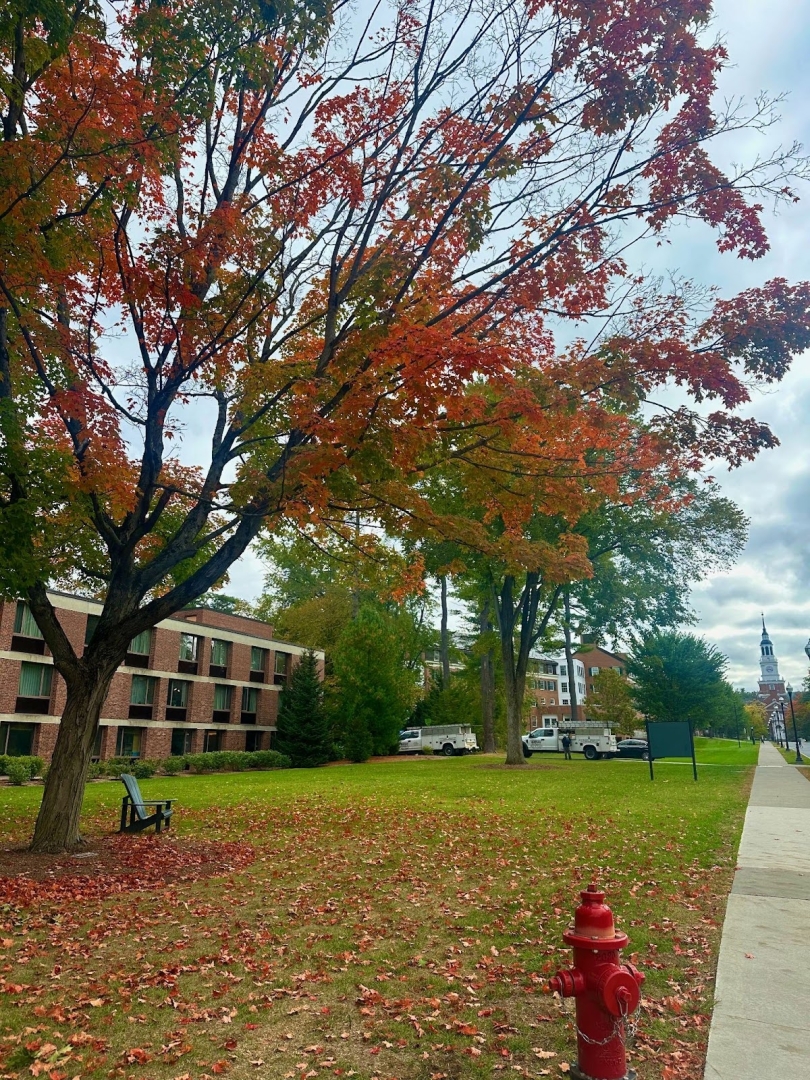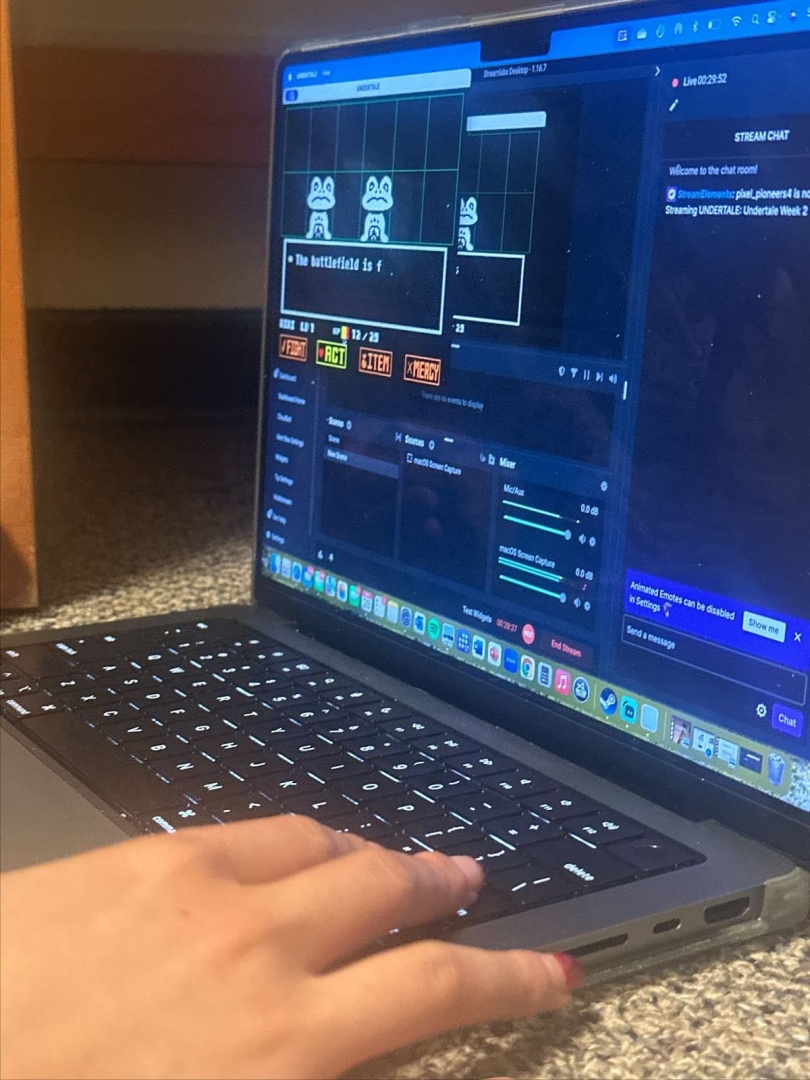
My 24Fall Classes!
As I enter my second year at Dartmouth, I reflect on my previous classes and what I once wanted to major in. When I entered my first-year fall, I thought that I wanted to major in Economics and minor in Public Policy. Nevertheless, after taking a government course with Professor Breuer called Politics and AI, I decided I may want to pursue a major in government instead. Then, during my first-year winter, I LOVED the Introduction to Public Policy course I took with Professor Nachlis and thought of modifying a major with that field.
Now, I have decided to take two history courses this fall, and I am thinking about finally declaring a major in History modified with Public Policy. My academic progress goes to show that you don't need to rush in deciding what you would like to pursue. Students are only required to declare a major until the end of their second year, and even then, a few people change their paths in their last few terms at Dartmouth. I tend to be indecisive about my academic pursuits, and I admire the flexibility of Dartmouth's D-Plan that has allowed me to plan all the History and Public Policy courses I am required to take, alongside additional prerequisites, to fulfill my graduation requirements in time. Additionally, I am able to set time aside in my personal academic calendar to think of taking an off-term (either working at home and/or pursuing an internship relating to my aspirations) and studying abroad.
In terms of the actual courses I am taking this term, I will begin with discussing Health Care in American Society with Professor Allen Koop (HIST.036). This class is a must for anyone interested in the evolution of the U.S. healthcare system, from its pre-colonial roots to its modern-day complexities. As someone aspiring to become a healthcare lawyer, particularly in medical malpractice litigation, I was drawn to this course to better understand the foundation of one of the largest sectors in America. Even though we're just starting the term, I can already tell this will be one of my favorites! The course is packed with information, but Professor Koop organizes each lecture with a clear breakdown of the topics on the board, which keeps me engaged and helps me stay on track. Mondays and Wednesdays are dedicated to lectures where I take detailed notes, while Fridays are reserved for small discussion groups. These sessions allow us to dive deeper into the readings and reflect on what we've learned during the week, making it a dynamic and enriching experience.

The next course I am taking is Africa and the World with Professor Robert Zeinstra (HIST5.08). I really enjoy Professor Zeinstra's teaching style in this course, as he emphasizes discussion-based lectures that make the material both engaging and thought-provoking. His approach fosters a collaborative learning environment, where we dive into Africa's role in shaping the modern world and challenge traditional narratives. The two map quizzes throughout the term are a great addition, helping us not only review Africa's countries and geography but also connect the continent's physical spaces to its historical and cultural significance. This combination of discussion and practical learning makes the course both intellectually stimulating and well-rounded.
Finally, I am taking Video Games and the Meaning of Life with Professor William Cheng (MUS 46/COLT 40.07/FILM 50.04). This course with Professor Cheng is an interdisciplinary exploration of the contemporary human condition, using video games as a lens to examine how visual, musical, tactile, and narrative elements create immersive worlds. The course delves into how video games engage with philosophical questions about existence, identity, and meaning, allowing us to reflect on larger life themes through the interactive possibilities these virtual environments offer. It's a fascinating mix of theory and gameplay, where we analyze how video games influence our understanding of reality.



















